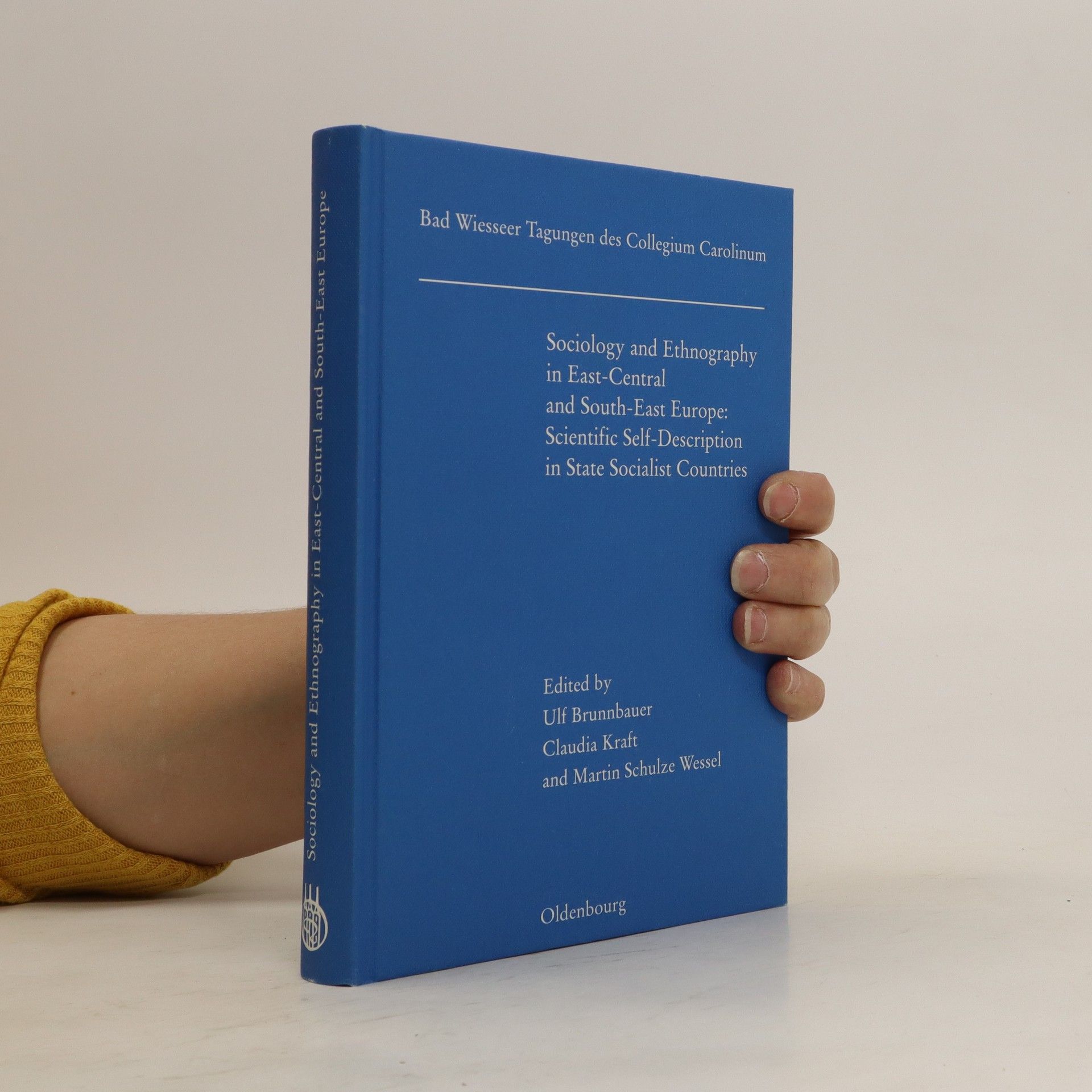Ehe imperial
- 176 pages
- 7 hours of reading
Marriage, divorce, access to property during and after marriage, all this was structured over the centuries by ecclesiastical and civil provisions. Law thus had a very direct influence on personal life. The nineteenth century in particular was characterized by increasing legal unification, but particular rights continued to exist in larger territorial contexts. This legal heterogeneity as well as migration between different jurisdictional spaces could open up new possibilities to act. Conversely, different affiliations in regard to confession or ethnicity could pose great challenges for couples willing to marry. The aim of this issue is to ask at the interfaces between different legal logics about the spheres of action of men and women and the associated gender norms.


